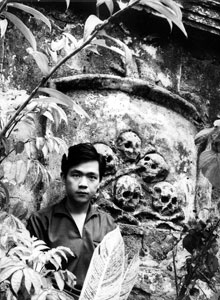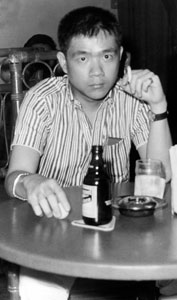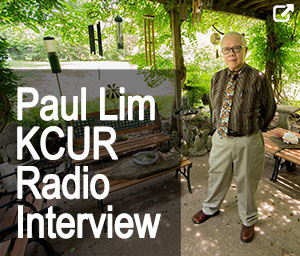13 December 2015: No Bel In My Canto
I read Ann Patchett’s BEL CANTO shortly after it came out in 2001. The diva in the novel was said to have been inspired by opera star Renee Fleming. So when Fleming announced nearly five years ago that she had optioned the novel for a new opera to premiere at the Lyric in Chicago (music by Peruvian-American composer Jimmy Lopez, and libretto by Pulitzer-winning Cuban-American playwright Nilo Cruz), you could almost taste the excitement in the air.
And then, when it was revealed that Danielle de Niese had been engaged to sing the part of the diva at the Lyric during its 2015 holiday season, I could no longer contain my excitement. Just as Mr. Hosukawa in the novel had fallen in love with Roxane Coss from the first moment he heard one of her recordings, I have been in love with Danielle de Niese ever since I saw her on DVD as Cleopatra in the Glyndebourne production of Handel’s GIULIO CESARE. With no hesitation whatsoever, I reached for my wallet, deciding this would be my extravagant Christmas present to myself this year.
I loved Ann Patchett’s novel. One reason is that, in spite of the large cast of characters, because the narrative is told from the omniscient point-of-view and we are privy to everyone’s thoughts, we feel as though we know each one of them intimately. I wondered how Nilo Cruz would handle this in his libretto. Sadly, in my opinion, he didn’t. Except for two arias given to two secondary characters in the second act of the opera, we are mostly just outsiders observing the action, and we remain mostly unmoved. Danielle de Niese looked petulantly beautiful, but I thought she was otherwise completely wasted.
Sometimes I wish I weren’t a writer or a playwright. If I voice any negative opinions about somebody else’s work, I risk being accused of having pen envy. But, truthfully, last night at the Lyric in Chicago, I did not enjoy my Christmas present to myself. There was no bel in my canto. Be that as it may, the opera will probably go on to win the No-Bel Prize in Music.













